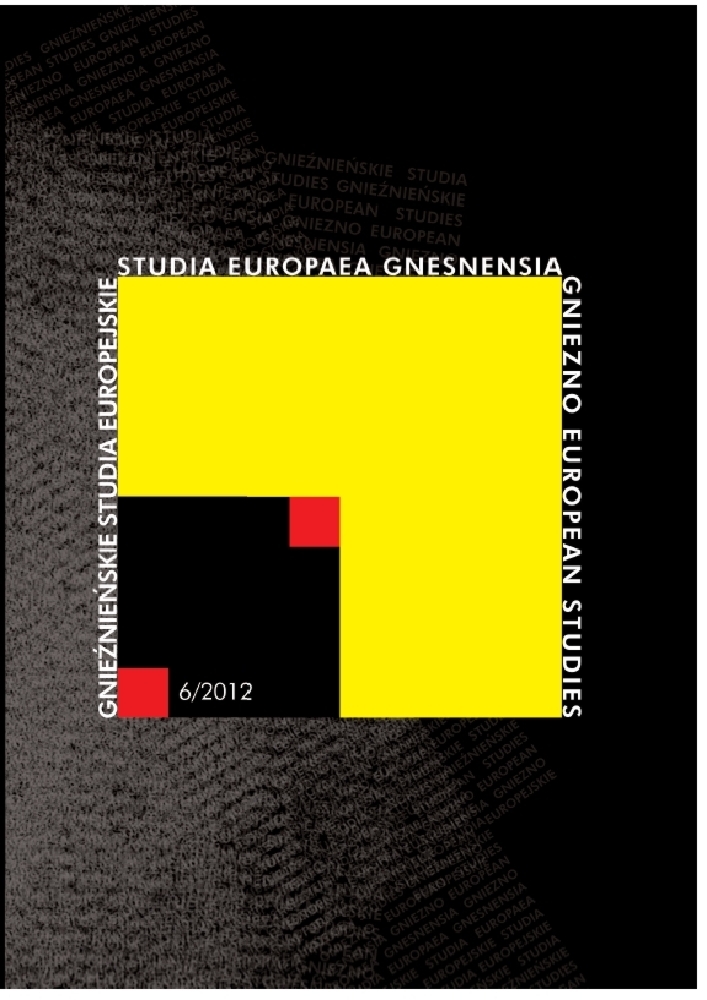Resumen
In the article, i examine the theoretical and practical possibilities of comparative analysis of Latin medieval texts. Such analysis should enable them to be situated in the context of their contemporary writings and the texts from earlier periods which featured on their literary horizon.
Citas
Aili H., The Prose Rhythm of Sallust and Livy, Stockholm 1979.
Anonim tzw. Gall, Kronika polska, przeł. R. Grodecki, wstęp i opracowanie M. Plezia, Wrocław 2008.
Claudius Claudianus, Panegyricus de tertio consulatu Honorii Augusti, (VII), w. 43, ed. Maurice Platnauer, 1, The Loeb Classical Library, 138, 1990.
Galli Anonymi Cronicae et gesta ducum sive principum Polonorum, ed. Karol Maleczyński, Monumenta Poloniae Historica, II, Kraków 1952, s. 59.
Głowiński M., T. Kostkiewiczowa, A. Okopień-Sławińska, J. Sławiński, Słownik terminów literackich, Wrocław 2008.
Gregorius Magnus, Moralia in Iob, LLT-A Cl. 1708, SL 143.
http://www.traditio-europae.org/Recepcja/traditio-europae.html.
Jasiński T., Czy Gall Anonim to Monachus Littorensis?, Kwartalnik Historyczny 3, 112, 2005, s. 69–89.
Jasiński T., Jak Gall Anonim tworzył veloxy? Przyczynek do poznania rytmiki Kroniki polskiej, [w:] A. Odrzywolska-Kidawa (red.), Klio viae et invia. Opuscula Marco Cetwiński dedicata, Warszawa 2010, s. 17–23.
Jasiński T., O pochodzeniu Galla, Kraków 2008.
Jasiński T., Rozwój średniowiecznej prozy rytmicznej a pochodzenie i wykształcenie Galla Anonima, [w:] D.A. Sikorski, A.M. Wyrwa (red.), Cognitioni Gestorum. Studia z dziejów średniowiecza dedykowane Profesorowi Jerzemu Strzelczykowi, Poznań 2006, s. 185–193.
Kałuża Z., D. Calma, O fi lozoficznych lekturach Mistrza Wincentego, [w:] Dąbrówka A., W. Wojtowicz (red.), Onus Athlanteum. Studia nad Kroniką biskupa Wincentego, Łódź 2009.
Labuda G., Zamiana Galla-Anonima, autora pierwszej Kroniki dziejów Polski, na Anonima-Wenecjanina, Studia Źródłoznawcze 44, 2006.
Monachi anonymi Littorensis Historia de translatione sanctorum magni Nicolai, terra marique miraculis gloriosi, ejusdem avunculi, alterius Nicolai, Tuedorique martyris pretiosi de civitate Mirea in monasterium s. Nicolai de littore Venetiarum, ed. P. Riant, Ch. Kohler [w:] Recueil des Historiens des Croisades. Historiens Occidentaux, V, Paris 1895, s. 253–292.
Roberti Monachi Historia Hierosolimitana, [w:] Recueil des Historiens des Croisades. Historiens Occidentaux, III, Paris 1866, s. 721–882.
Sallustius Crispus C., Catilina. Iugurtha. Fragmenta Ampliora, ed. A. Kurfess, Lipsk 1981.
Skibiński E., Przemiany władzy. Narracyjna koncepcja Anonima tzw. Galla i jej podstawy, Poznań 2009.
Spengler O., Der Untergang des Abendlandes, München 1963.
Titi Livi, Ab urbe condita, I, ed. Martinus Hertz, Lipsk 1857.
Wenta J., Kronika tzw. Galla. Historyczne (monastyczne i genealogiczne) oraz geograficzne konteksty powstania, Toruń 2011.
Licencia
Copyright © 2012 by IKE and PTPN
